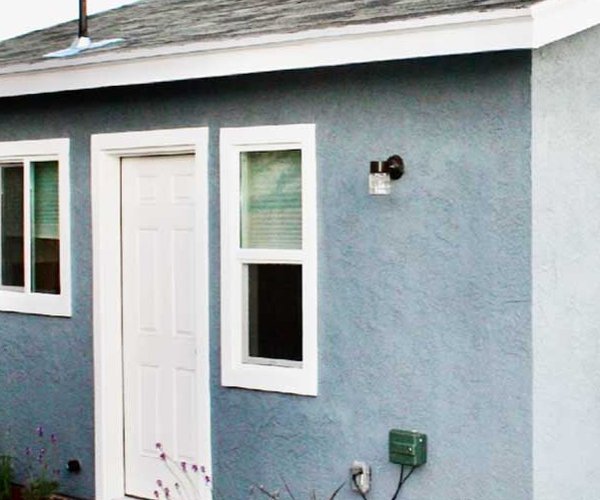NEWMAN — The Newman City Council voted May 27 to approve changes to the city’s General Plan, clearing the way for more high-density residential development in an effort to address unmet housing needs.
The decision rezones nine properties across the city to allow for multi-family housing, a move that aligns with state-mandated housing requirements. Newman must accommodate 305 lower-income housing units, including 186 designated for very low-income residents, to meet goals from both the previous and current housing cycles.
The approval is part of the city’s Sixth Cycle Housing Element, a state-required plan that guides housing growth. Without these changes, Newman could face penalties and miss out on funding opportunities needed to support local development.
City officials say rezoning is a necessary step to ensure housing is built at the required density—at least 20 units per acre—to meet demand. The affected properties, which include sites on West Avenue, Prince Street, Hills Ferry Road, and other locations, will now be designated for high-density residential use.
In public hearings leading up to the council’s vote, residents expressed concerns about affordable housing access. While some voiced support for lower rent pricing, city officials emphasize that rezoning itself does not dictate rental costs but allows for multi-family housing projects to move forward.
The rezoned properties are: 1603 W Tulare St; L St s/o Merced St; 1978 Prince St; Prince St; 2115 Prince St; 2070 Prince St; 407 Hills Ferry Rd; 27924 N St; 1040 Prince St.
The city has already met environmental review requirements, ensuring that the rezoning decision complies with state regulations. Officials noted that property owners affected by the changes have been notified, and none have formally opposed the reclassification.
By adopting these amendments, Newman is taking steps to meet state housing mandates while opening the door for new residential development. The approved changes will now take effect, guiding the city’s approach to expanding housing options over the next eight years.





